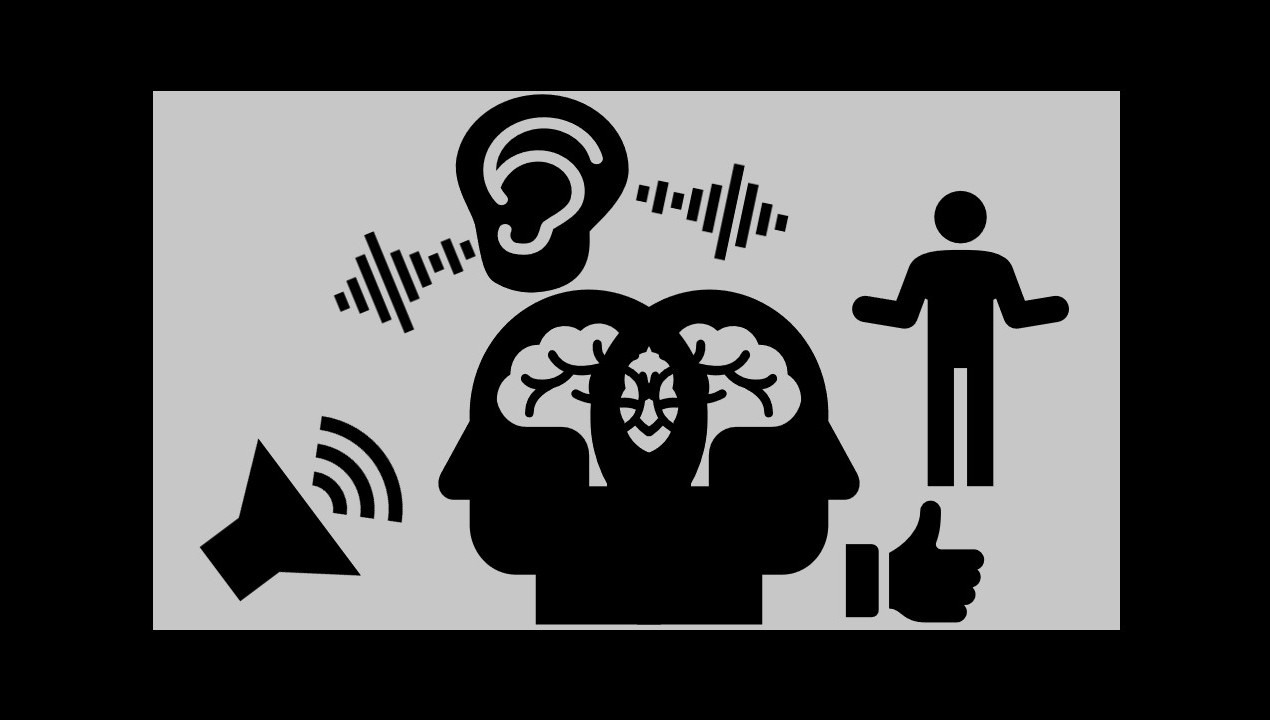


Active listening is considered a fundamental element of effective communication, enhancing understanding and relationships between individuals. This skill involves not only hearing what is said but also understanding the underlying meaning and emotions beneath the words. Active listening requires the listener to fully focus, comprehend without judgment, and respond empathetically.
Active listening consists of four main components: Listening, Understanding, Sensitivity, and Responding. In the listening stage, the listener establishes eye contact, nods, and indicates full attention by paraphrasing the speaker's words. In the understanding stage, the listener goes beyond the speaker's words to grasp their feelings and intentions. Sensitivity involves the listener empathizing with the speaker's emotional state and making sense of it. Finally, Responding refers to the listener acknowledging what they heard, engaging in interaction by asking open-ended questions or summarizing.
Developing active listening skills promotes mutual respect and understanding, reduces conflicts, and allows for healthier communication. These skills are invaluable in the workplace, educational settings, and personal relationships. Active listeners tend to be more effective leaders, team members, friends, and family members. Therefore, enhancing active listening skills is a critical investment for both personal and professional development.